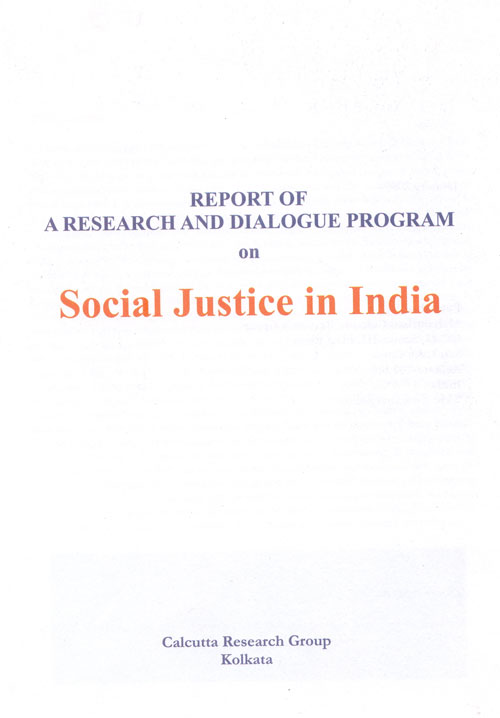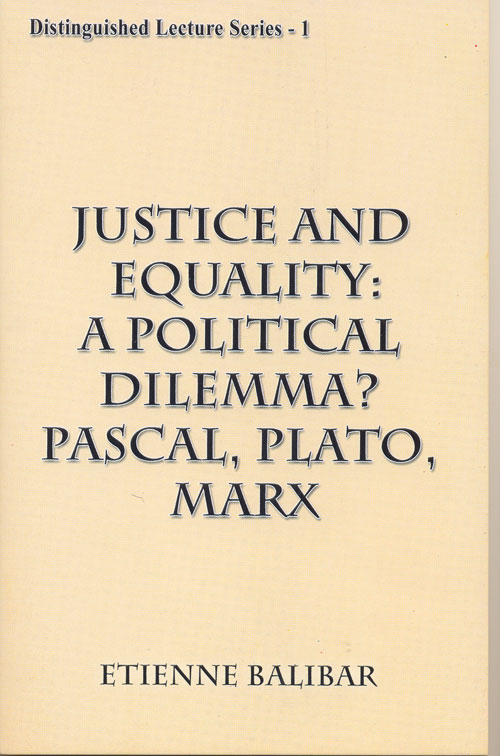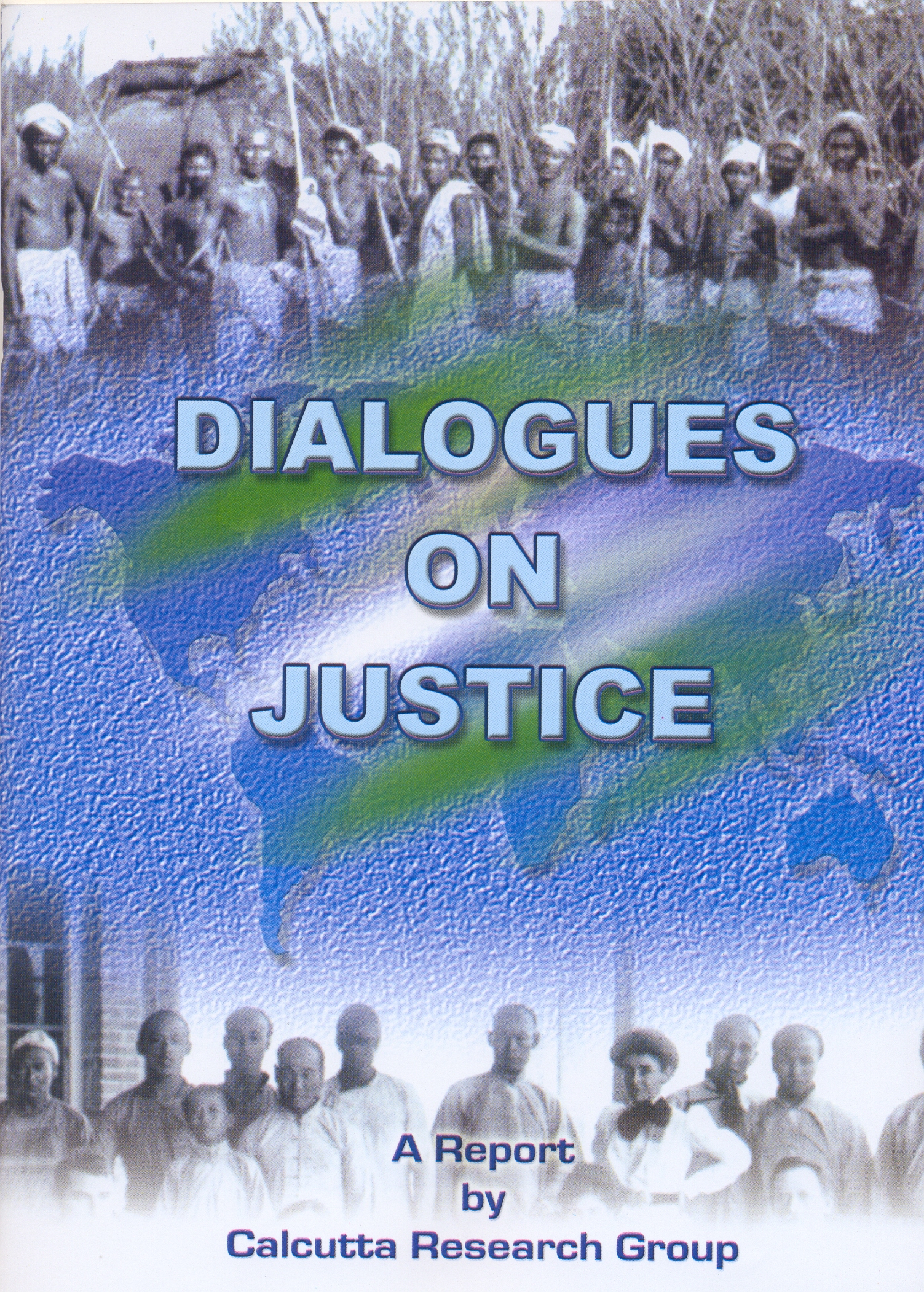 |
|||
|
|
|||
|
Report of A Research & Dialogue Programme on Social Justice in India To appreciate the perspective against which the Mahanirban Calcutta Research Group (CRG) took up a three-year research and dialogue program on social justice we have to recall in 2003 CRG had embarked on a research agenda on some of the critical questions facing post-colonial democracies, such as India. One of these questions was the issue of autonomy – a theme neglected in conventional studies and policy knowledge on democracy. The research and the dialogues on the theme of autonomy, conducted with the support of the Ford Foundation, investigated the constitutional, legal, financial, resource-centered, administrative, gender-just, and other possible forms of autonomies. Autonomy was viewed both as something that belongs to human beings and human nature and as something that is the source or basis of morality , that is, duty, and is bound up inextricably with the philosophy of our time. In the background of the anti-colonial movements the term gained new perspectives and meanings, which implied not only new rights but also new responsibilities. It became the emblem of group rights. In time the idea of autonomy became not only the standard of rights or responsibilities, but also a mark of how governments co opt popular demands and turn them into characteristically official forms of administration and relating to others on the basis of set rules. Therefore the research and dialogues on autonomy repeatedly came up with the issue of governmentalised forms of autonomy, routine, officially sanctioned, bureaucratic, as against the demands and ideas of autonomies that sought to address the incipient demands for justice. The research and dialogue reports and the published volumes of this program (The Politics of Autonomy, Indian Autonomy – Keywords and Key Texts, and Autonomy – Beyond Kant and Hermeneutics) have brought out the fundamental point that autonomy cannot be seen as an exceptional principle (mostly for ethnic minorities), but as an essential democratic principle moderating all aspects of our public political life. It implies thus not one overarching model of autonomy, or autonomy of one people constituting the nation, but re-imagining the democratic space as the intersecting field of autonomies (hence, dialogic relation between autonomies), as a fundamental conflict resolution mechanism of the political society, as the field of accommodation. The program on autonomy also initiated the method of combining collective research and dialogues.
The
programme has been supported by Ford Foundation.
[Available in
Print Form ] |
|
||
|
Second
Critical Studies Conference on "Spheres of Justice", Kolakata,
20-22 September 2007
The Second Critical Studies Conference held in September 2007 in Kolkata had
“Spheres of Justice” as its larger platform under which, panelists from
all over the world, presented papers on the finer and the more intricate
nuances of justice. With sub-sections as Philosophies of Justice, Feminist
Perspective of Justice, Transnational Justice, Transitional Justice, Rights
and Justice, Marginalities and Justice, Aesthetics and Representation of
Justice, the conference was an intellectually stimulating and enlightening
discussion ground. The two-day conference was followed by a public lecture
by Etienne Balibar, that saw him talk on the current trends in social and
political thinking and addressed themes as citizenship, race and neo-racism,
democracy, borders and so on. |
|
||
|
A series of three dialogues on justice was carried out by the
Calcutta Research Group (CRG), in 2006 where about seventy people took part
from diverse backgrounds. These dialogues were combined with public lectures
in Kolkata and Darjeeling. These dialogues are also part of the CRG’s
research programme on social justice in India. They have immensely
contributed to the collective knowledge on the state of social justice in
the country, thrown up new ideas and questions, and have shed light on how
collective struggles for justice go on in this country with or without the
help of law. At a fundamental level, they have been instrumental in
clarifying various notions about the relations between justice and law,
ethics and justice, respect, revenge, and restitution, or rights and
justice. These dialogues have also helped us in gaining knowledge about
various repositories of archival material on justice, such as popular
tracts, manifestos, legal materials, other popular writings, political
declarations, and reportages that tell us lot about various perceptions on
justice. The programme and the publication have been supported by Ford Foundation. Compiled and Edited by Samir Kr. Das, Sanam Roohi and Ranabir Samaddar. |
|
||


